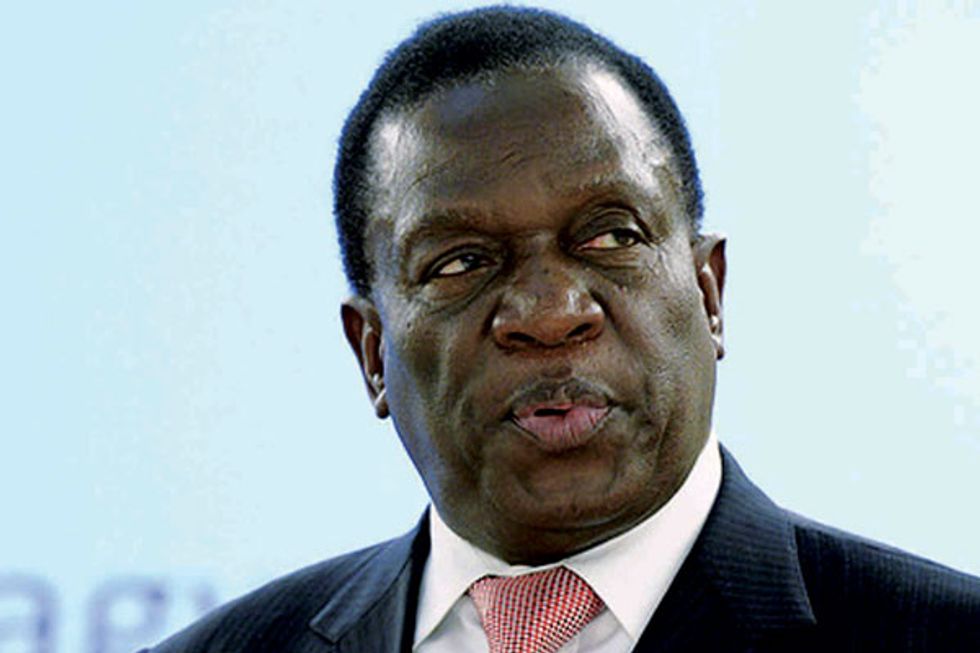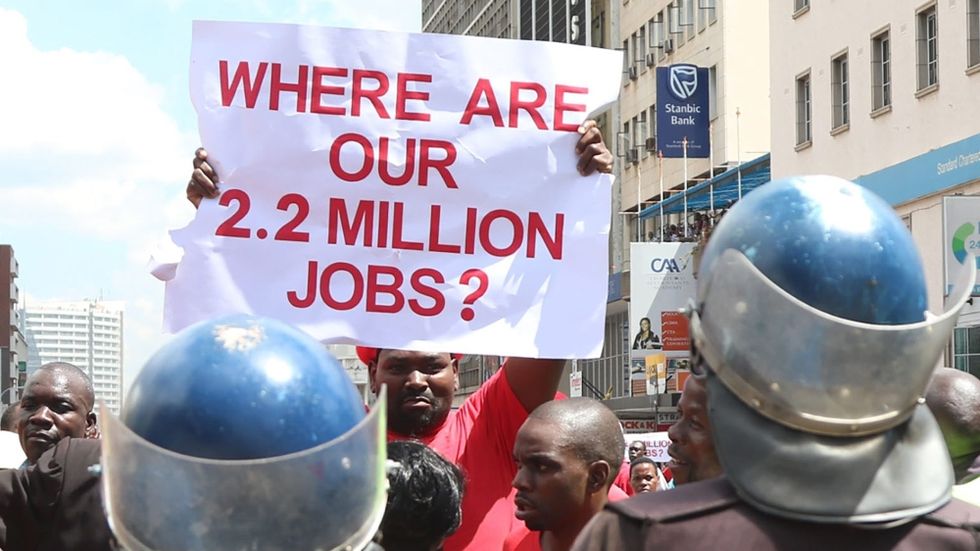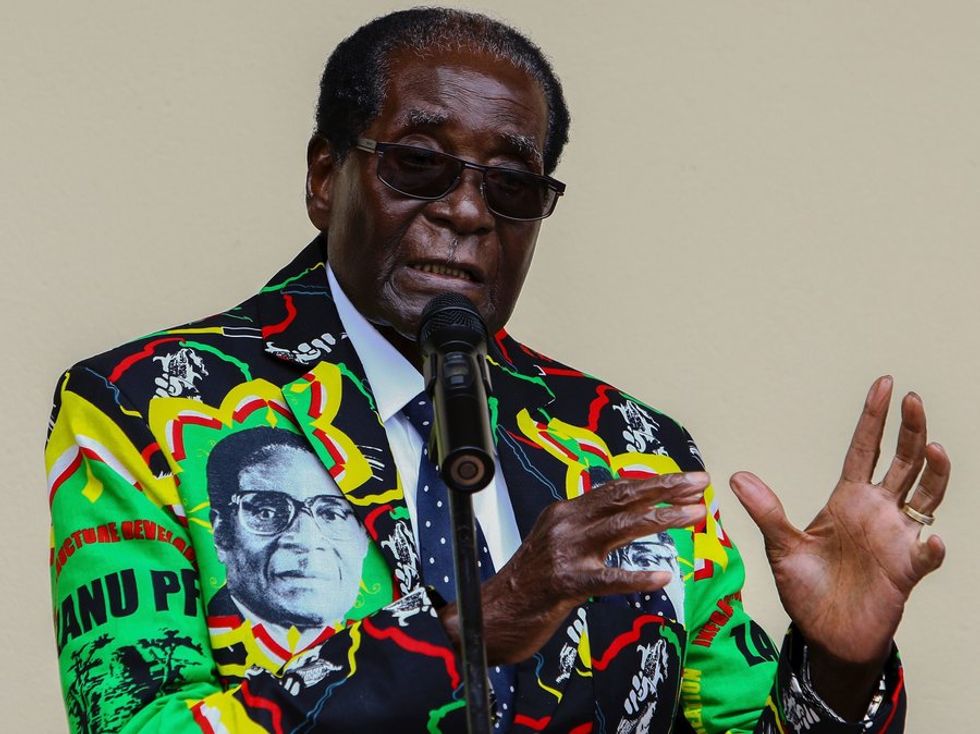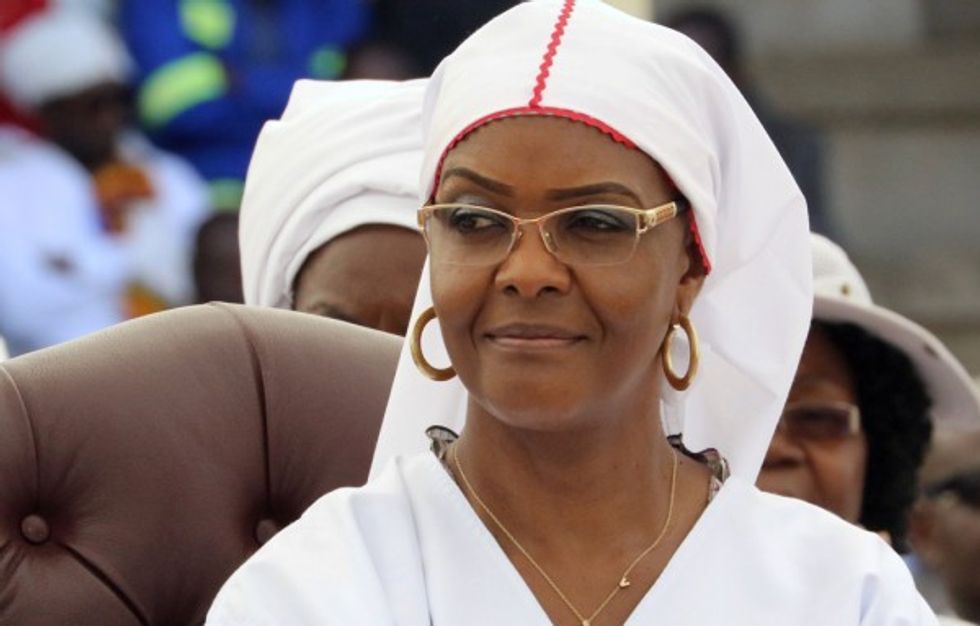Since the beginning of history, Zimbabwe hasn’t exactly been the most stable place, known for skyrocketing inflation rates at 348% annually (as of October 25, 2017), unemployment and underemployment rate of nearly 95% with many living below the poverty line of $1.90 a day, major pollution, and prevalent diseases such as HIV and malaria. Not to mention, Robert Mugabe remained president of Zimbabwe for 37 years despite rampant poverty and hunger.
Zimbabwe's natural wonders
From 1200 to 1600, what is now Zimbabwe was noted for international trade, gold mining, the construction of Great Zimbabwe, a World Heritage site. Although landlocked, Zimbabwe contains the Victoria Falls, one of the 7 natural wonders of the world, as well as the rich Zambezi River, and lush soil. The British set their eyes on this prosperous land, colonized it 1889, and named it Southern Rhodesia. The white minority ran Southern Rhodesia, and fought to retain that power throughout the 60s and 70s. But in 1980, the groups representing the black majority won, renamed the country Zimbabwe, and chose key independence fighter Robert Mugabe as their new president.
Robert Mugabe—hero or dictator?
Mugabe took the once fastest growing economy in Africa and turned it into the fastest shrinking. He seized farmland from white farmers and redistributed it to black Zimbabweans with less farming knowledge, specifically those with ties to himself. He restricted the media. He destroyed thousands of slums and illegal dwellings as part of a “clean up” program, leaving 700,000 homeless. He ordered the Gukurahundi massacres in Matabeleland, killing between 20,000 and 80,000 civilians. He was known for violence and fixing the elections to get himself reelected.
Despite his tyranny, some viewed him as a hero for fighting for Zimbabwe’s independence.
His controversial ruling set the stage for the recent military coup.
"Bros before hoes."
Not for Mugabe, who fired his vice president Robert Mnangagwa so that his wife, Grace Mugabe, could succeed him as president instead. Mnangagwa fled, prompting political tension and Mugabe’s house arrest. The ruling party Central Committee demanded that Mugabe resign, to which he initially refused. However, two days later, on November 21, Mugabe gave in and stepped down, allowing Mnangagwa to replace him as Zimbabwe’s next president on November 24. Looks like the bro came first whether Mugabe liked it or not.
The pressure's on, Mnangagwa

Hopefully, Mnangagwa will steer Zimbabwe in the right direction, helping it rise from poverty and flourish as it once did. We can only wait and see.






















